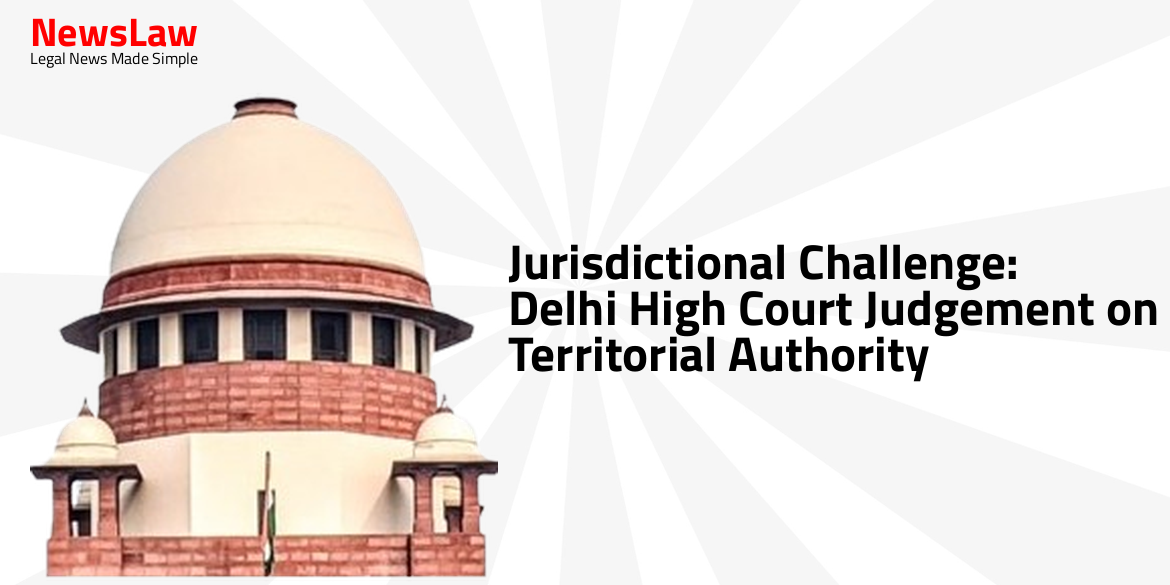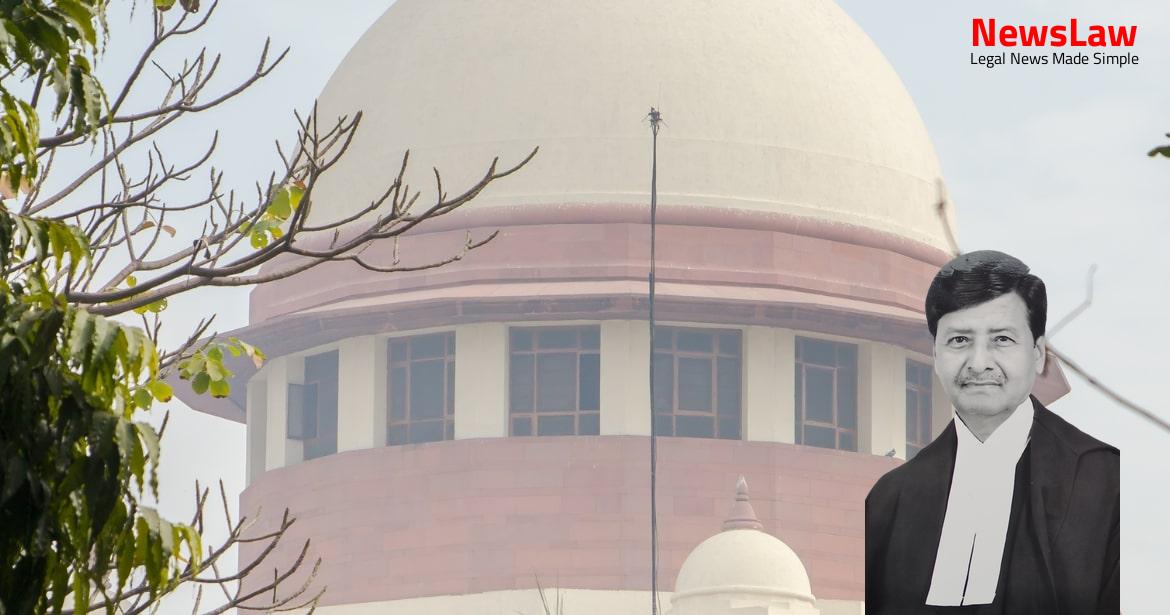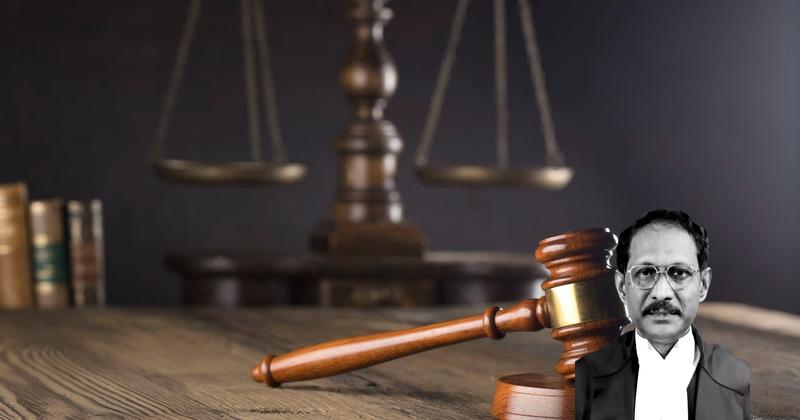In a significant legal ruling, the Supreme Court of India has delivered a landmark decision on local body elections in Tamil Nadu. The case between the Delimitation Commission and the Tamil Nadu State Election Commission has brought about crucial developments in the electoral process. Stay tuned to learn more about this groundbreaking judgement.
Facts
- Delimitation of constituencies conducted after decadal census and reservations for SC/ST on rotation basis as mandated by Articles 243-D and 243-T.
- Notification issued by Delimitation Commission for reserved seats in rural and urban local bodies based on proposals.
- Division of four existing districts of Tamil Nadu to create nine new districts with re-structuring of talukas and revenue villages.
- Contravention of Constitutional provisions by Tamil Nadu Panchayats (Second Amendment) Act, 2016 allowing elections as per 2001 Census.
- Challenge by Dravida Munnetra Kazhagam (DMK) against Madras High Court’s refusal to issue directions to Tamil Nadu State Election Commission.
- Formation of Delimitation Commission under Tamil Nadu Delimitation Commission Act, 2017 initiating ward delimitation based on 2011 Census.
- Process of conducting local body elections continued despite district bifurcations, per Supreme Court’s order in W.P. (C) No 1267/2018.
- Accusation by DMK against AIADMK for postponing elections, altering constituencies unconstitutionally, and refusing rotation for political gain.
- The State Election Commission filed an order on July 2, 2019.
- The Court’s order required the matter to be listed on July 17, 2019.
Analysis
- Constitutional provisions under Part IX mandate the constitution of panchayats at village, intermediate, and district levels
- Reservation of seats for Scheduled Castes and Scheduled Tribes in each panchayat is required as per Article 243-D
- Delimitation exercise is essential for the effective achievement of the constitutional objective of Part IX
- Incongruity in election processes identified due to lack of data on population proportions for reservation
- Delay in completion of delimitation exercise explained in the affidavit submitted
- Election process cannot proceed for the newly constituted nine districts without fresh delimitation
- Criteria for delimitation of wards in Tamil Nadu must align with Article 243-C and 243-B(1) of the Constitution
- No delimitation exercise conducted despite an increase in the number of districts from 31 to 39
- State Government unable to fulfil constitutional mandate without proper delimitation process
- The State Government cannot justify holding local body elections in the nine districts by relying on a court order from November 18, 2019 since the order requires the completion of all legal formalities before notification of elections.
- The argument that these proceedings amount to questioning an election and therefore fall under the constitutional embargoes of Articles 243-O and 243-ZG is not valid, as the current proceedings are aimed at expediting the completion of prerequisites for a fair election.
- Bench in Election Commission of India v. Ashok Kumar and Others [2000 (8) SCC 216] ratio applies to the present case
- Decision not questioning the election if it aids progress and completion of the election
- Actions taken by Election Commission subject to judicial review on specific parameters
- Judicial intervention allowed if it corrects or smoothes election progress without obstructing it
- Orders issued by the Election Commission open to review for mala fide or breach of law
Also Read: CRPF Act: Validity of Rule 27 for Compulsory Retirement – Case of Head Constable vs. CRPF
Decision
- The delimitation of the nine newly-constituted districts must be done in accordance with the law within four months.
- Elections for the panchayats at village, intermediate, and district levels should be held after the delimitation process.
- The election notification is permitted to be published in the last week of October 2019 as per the undertaking by the State authority.
- Proportionate reservation should be provided at all levels during the elections in accordance with the Tamil Nadu Panchayats (Reservation of Seats and Rotation of Reserved Seats) Rules, 1995.
- The Advocate General of Tamil Nadu has agreed to proceed with the election process as directed.
- The main appeals regarding the use of 2011 Census data for local body elections have been rendered infructuous as the respondents already used the 2011 Census in the delimitation process except for the nine re-constituted districts.
- All pending interlocutory applications are disposed of accordingly.
- State Election Commission is directed to notify elections for panchayats at village, intermediate, and district levels in all districts except the nine re-constituted districts.
Also Read: DAMEPL vs. DMRC: Curative Petition and Arbitral Award Restoration
Case Title: DRAVIDA MUNNETRA KAZHAGAM (DMK) Vs. SECRETARY GOVERNORS SECRETARIAT AND ORS
Case Number: C.A. No.-005467-005469 / 2017



